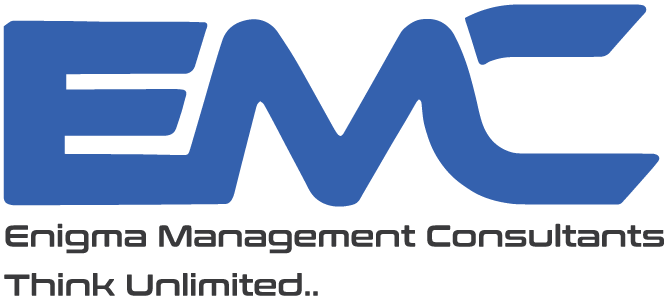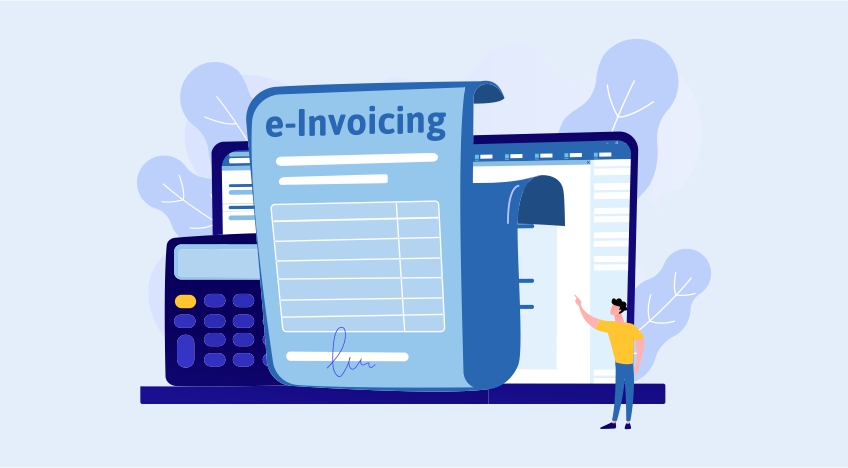Imagine cutting your invoicing time and costs in half while staying fully compliant. In the UAE, that’s exactly what the upcoming mandatory e-invoicing regime promises. Starting in mid‑2026, all business‑to‑business (B2B) and business‑to‑government (B2G) invoices must be issued electronically . This means UAE companies (even small ones) will switch from PDF or paper invoices to standardized digital invoices. Far from being a burden, the change brings major benefits: faster payments, lower processing costs, and richer financial insights that help your business grow.
What is e-Invoicing and Why it Matters?
An e-invoice is a structured, machine-readable invoice exchanged and reported electronically, not a scanned PDF or printed bill. The UAE Ministry of Finance defines it as a fully digital invoice (typically in XML format) that flows between seller, buyer and the Federal Tax Authority . In practice, your business will issue an XML-based invoice to your customer’s system, and both parties’ certified e-invoicing service providers will validate and send the data to the UAE tax authorities. The UAE is adopting the international PEPPOL network (a “five-corner” model) for this exchange . This means that, unlike manual invoicing, e invoices are automatically checked for accuracy and reported in real time. In short: no more rekeying or lost documents, and a clear audit trail for every transaction.
Major Benefits for UAE Businesses
E-invoicing is a cornerstone of the UAE’s digital economy strategy, and it brings concrete advantages to companies of all sizes. Key benefits include:
- Lower Costs & Quicker Payments: Automated e-invoicing slashes processing time and errors. Infact, pilots worldwide show invoice costs can drop by roughly 66% . Validations are built in, so invoices get to buyers almost instantly, improving cash flow (you get paid faster) .
- Better Financial Visibility: Every invoice detail is in digital format, unlocking powerful insights. Businesses can analyze spending, spot trends and make data-driven decisions with ease . No more digging through files – everything is searchable and reportable.
- Cross-Border Opportunities: Because the UAE e-invoicing system uses the open Peppol network, you can seamlessly send or receive invoices from overseas partners on the same platform. Exporting goods to another country? Your e-invoice can travel digitally instead of waiting on postal or email delays.
- Level Playing Field for SMEs: About 82% of UAE businesses are micro‑enterprises (turnover < AED 3M). E-invoicing gives these small firms access to advanced automation at affordable cost. Instead of expensive custom software, any SME can connect through accredited service providers to leverage the latest invoicing technology.
In summary, e-invoicing in the UAE means spending less time on paperwork and more on growing your business. It aligns with global trends (for example, Saudi Arabia’s “Fatoorah” system) to reduce fraud, boost efficiency, and drive a cashless, digital economy.
Legal Update & Implementation Timeline
The UAE has moved quickly to embed e-invoicing into law. In late 2024, the Ministry of Finance launched an official e-invoicing portal and confirmed that all B2B/B2G invoices will be electronic by mid-2026 . Federal Decree-Law No. 16 of 2024 amended the VAT Law to include e-invoicing and tax-reporting provisions , and Decree-Law No. 17 of 2024 updated the Tax Procedures Law similarly. Put simply, the legal framework now explicitly requires the UAE e-invoicing system and sets rules for it.
The rollout is phased as follows :-
- Late 2024: Develop accreditation criteria and certify approved e-invoicing service providers (often called Access Points or ASPs).
- Q2 2025: Finalize the e-invoice technical standards and data specifications, and amend the VAT law. (A 168 page consultation document was released for feedback in early 2025.)
- July 2026 (Phase 1): Mandatory go-live for all B2B and B2G e-invoicing . (Business-to-consumer invoicing is expected later.)
Because the system is on a strict schedule, large companies are likely to join first. Industry analysts expect the biggest taxpayers to pilot e-invoicing in late 2025, followed by smaller firms in waves . Notably, the mandate covers all B2B/B2G transactions, regardless of whether the buyer or seller is VAT-registered . In other words, even startups or suppliers not currently charging VAT will need to issue electronic invoices once the rule is in effect.
What This Means for Your Business?
If you run an SME in Dubai, Abu Dhabi or elsewhere in the Emirates, here’s what you should do now to prepare:
- Understand the Requirements: Review your current invoicing process. Identify any software or accounting system you use, and check if it can export or generate invoices in a digital format (XML). Learn what data fields will be required (the UAE will publish a detailed “e-invoice data dictionary” soon).
- Choose an Accredited Provider: UAE companies must transmit e-invoices via Ministry-accredited service providers (ASPs). These vendors handle the technical exchange with the government platform. Keep an eye out for providers who earn MoF accreditation (an announcement is expected by late 2024) and evaluate their packages. Many may offer free or low-cost tiers for SMEs as part of accreditation terms.
- Upgrade Your Systems: Work with your IT or accounting team (or hire a consultant) to ensure your invoicing system can connect to an ASP. This could involve installing e invoicing software or enabling new modules in your ERP. Plan any needed integrations well before the 2026 deadline.
- Plan Your Budget: E-invoicing may involve subscription costs for a service provider. Start budgeting now – fortunately, in competitive ASP markets many offer affordable packages to serve micro and small businesses without causing undue burden.
By acting early, your business can transition to e-invoicing smoothly—without disruption. While UAE authorities will provide adequate notice before each phase, staying ahead of the curve ensures you’re not caught off guard. E-invoicing isn’t just about compliance—it’s a smart move toward digital transformation, operational efficiency, and long-term growth.
At EMC (Enigma Management Consultants), we specialize in UAE tax regulations and digital compliance. From selecting an accredited e-invoicing provider to streamlining your processes, we’re here to help you implement the right solution—fast and effectively.

